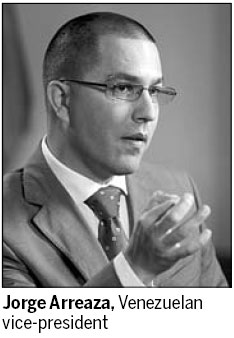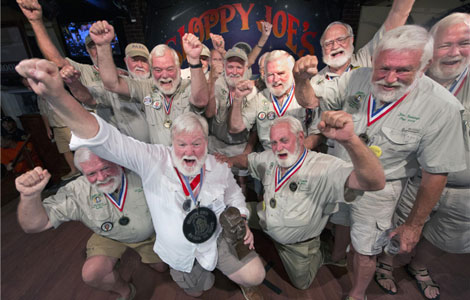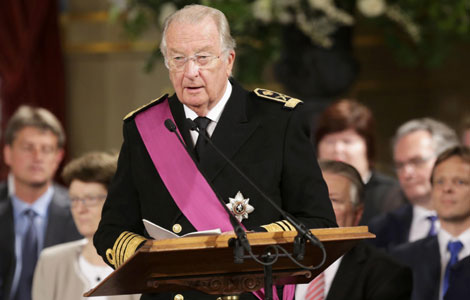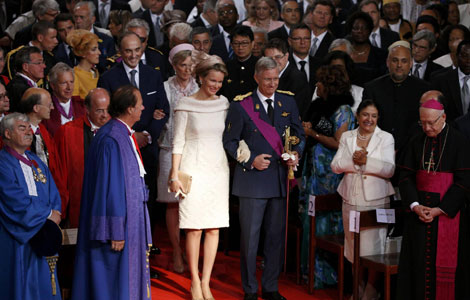

Visiting Venezuelan Vice-President Jorge Arreaza expressed his support for whistleblower Edward Snowden and said that he hopes he can overcome his difficulties no matter where he eventually settles.
 Arreaza began an official five-day visit to China on Wednesday. He said that his country is aware of the worldwide attention it received after it offered asylum to Snowden earlier this month.
Arreaza began an official five-day visit to China on Wednesday. He said that his country is aware of the worldwide attention it received after it offered asylum to Snowden earlier this month.
The 30-year-old American, who has had his US passport revoked, is now stuck in the transit area of Moscow's Sheremetyevo airport and has applied for temporary asylum in Russia.
Arreaza said he is extremely regretful about the "concerted persecution" imposed politically on Snowden by international spy agencies and even some transnational groups behind them.
"Along with other Latin American countries, Venezuela seeks its own peaceful survival, free from interference from the United States. And Snowden unveiled the fact that the US imposed its surveillance on other countries," he said.
Brazilian media last week revealed a series of documents leaked by the former National Security Agency contractor, which showed evidence of US spying on Latin American countries including Colombia, Ecuador and Venezuela.
"One of our top missions is to seek the truth, which coincides (with the Snowden case)," Arreaza told reporters in Beijing.
"No matter which country he will choose as his final destination, we all hope to see him continue living on our land to survive the hard times," he said.
Venezuela and the country's former president Hugo Chavez have long extended help to those wanted by political, military and espionage organizations, the vice-president said.
"We give our helping hands to the person when he is undergoing the hardest times," he said, adding that is the spiritual legacy of Chavez.
Bolivian President Evo Morales protested the rerouting of his flight earlier this month when several European countries denied his plane access to their airspace on suspicions that Snowden was on board.
"The landing request greatly conformed to regular international practices, but it (was) rejected by those countries," Arreaza said.
Meanwhile, to prevent another Snowden-like case, the US is overhauling procedures to tighten access to top-secret intelligence, senior US officials said on Thursday.
The NSA, which Snowden worked for as a Hawaii-based contractor, said it would lead efforts to isolate intelligence and implement a "two-man rule" for downloading information, which is similar to procedures used to safeguard nuclear weapons.
NSA Director General Keith Alexander told the Aspen Security Forum in Colorado that the two-man rule would apply to system administrators like Snowden and anyone with access to sensitive computer server rooms.
Bilateral ties
President Xi Jinping met Arreaza on Friday. Xi said China is ready to work with Venezuela to boost the countries' traditional friendship and mutual trust and deepen the strategic partnership.
Both sides maintain high-level exchanges and support each other on issues involving their core interests, Xi said.
Xi also called on the two sides to promote cooperation in finance, energy, agriculture, infrastructure, advanced technology as well as special economic zones.
The scope of bilateral cooperation covers Venezuela's plans to boost its economy, Arreaza told China Daily.
Arreaza also dismissed speculation from some countries and media organizations that have accused China of "manipulating" or "casting influence" on Venezuela and its politics by providing financial support, such as loans.
During Arreaza's talks with his Chinese counterpart Li Yuanchao, the two countries underscored the leading role of financial cooperation in the bilateral ties.
Zhang Fan, Jiao Xiaoli and Reuters contributed to this story.







